This is a general guide to waste disposal and recycling. Some rules may differ from town to town, for example, the collection of bulky waste, so always make sure about the rules that apply in your town.
You can search for “abfallkalender” or “müllkalender” and your town and hopefully find an online pickup calendar.
Small Electrical equipment
Not allowed in the residual waste bin (Restmüll).
These are devices no larger than 25 cm, for example, mobile phones, remote controls and toasters
Small electrical equipment can be handed it free of charge at the Municipal collection points (Werstoffhöfen or Schadstoffmobil). Local shops selling electrical devices must also take back small electrical equipment, free of charge.
From July 1, 2022, this obligation to take back old devices free of charge also applies to food retailers (e.g. supermarkets and food discounters) with a total sales area of at least 800 square meters who offer electrical and electronic devices several times a calendar year or permanently and make them available on the market. It doesn’t matter where the old devices were originally bought and there is no need to buy a new device.
Big Electrical devices
![]() Not allowed in the residual waste bin (Restmüll)
Not allowed in the residual waste bin (Restmüll)
If the used electrical device is larger than 25 centimetres (e.g. washing machine, television, printer), the dealer is obliged to take it back free of charge when buying a new device of the same type. If you have a new device delivered (to your home), the retailer must inform you when concluding the purchase contract about the possibility of returning the old device free of charge and picking up the old device free of charge and ask you about your intention to receive an old device in return when the new device is delivered should be taken away.
Batteries / Akkus und Batterien
![]() Not allowed in the residual waste bin (Restmüll)
Not allowed in the residual waste bin (Restmüll)
You can hand in old batteries free of charge at shops that sells these items. There should be a collection point. You can also hand them in at most Recycling centres. Also see information from the Umwelt Bundesamt
Dangerous goods
![]() Not allowed in the residual waste bin (Restmüll)
Not allowed in the residual waste bin (Restmüll)
Typical items are Energy-saving lamps, LED lamps, fluorescent tubes, paint, engine oil, thinners, spray cans and all kinds of chemicals.
Toxic waste can either be handed in at the disposal company’s hazardous waste collection vehicle or at one of the recycling centres.
Some cities offer a collection service, but only for normal household quantities and under strict rules. Here is an example for Stuttgart
Bulky waste / Sperrmüll
![]() Not allowed in the residual waste bin (Restmüll)
Not allowed in the residual waste bin (Restmüll)
Bulky waste is residual waste that is too large for the residual waste bin, such as tables, beds, mattresses, etc.
Most towns offer a collections service, but either once a year or against payment. You can also self-deliver to a disposal system. As an example here is information for Esslingen
Medicine / Altmedikamente
Unused tablets, capsules, ointments, juices or drops belong in the residual waste bin. Please put these in a bag and make sure children cannot get hold of it while it inside the bin. You can also take it to participating pharmacies.
Never throw it down the toilet or drain
Building refuse / Renovierungsabfälle
See dangerous goods for paint, thinners, brush cleaners and other chemicals.
Wallpaper, wallpaper paste, and dried paint can be thrown into the Residual waste bin.
Items like doors, bathroom sink and other items, and windows are to be disposed of at the disposal station (Entsorgunsstation). This is not a free service
Deposit / Pfand
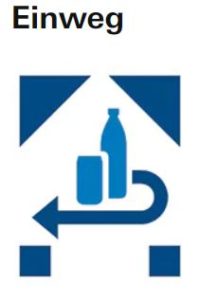 |
Look for the “Einweg” logo on beverage cans and bottles made of PET plastic, such as mineral water bottles Bottles with this logo are not reusable bottles, but are only filled once and are recycled. |
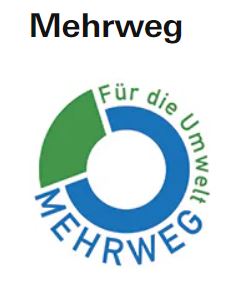 |
The logo can be found on PET and glass bottles. The bottles are cleaned and refilled. Typically glass beer bottles |
Glass
Non-refundable glass (like glass jars and wine bottles) must be recycled in the appropriate glass bins. Please remove the lids and corks. There are separate bins for the different colours of glass for example Brown, white and green glass.
These bins are placed at various points and some apartment buildings have their own bins.
Please respect the quiet times as breaking glass makes a lot of noise
Bio-Waste / Biotonne
Be considerate about what you put into the bio-waste, as it will be used for compost.
The following is allowed in the bio bin:
- Vegetable, fruit and salad leftovers
- Solid leftovers in small quantities (bread leftovers, pasta, salads, etc.)
- Coffee grounds, tea residue with filter and bag
- Household paper, crumpled paper (uncoated), egg cartons
- Flower and plant debris, garden and green waste
- Withered flowers, weeds, plant debris, tree and hedge trimming, leaves, grass clippings
- Leftovers from flower pots and balcony boxes
The following is not allowed in the bio bin:
- Liquid leftovers (soups, sauces, milk), edible oils and fats, bones
- Cigarette butts, ash, rubber, cork, textiles, leather, medicines, cosmetics
- Clay, stones, ceramics and porcelain
- Street sweepings, contents of vacuum cleaner bags
- Pet litter, dead animals, faeces, diapers and sanitary items
- Plastic bags (not biodegradable/compostable either!)
See this infographic for more information, also Was darf in die Biotonne und was nicht
Yellow Bin /Gelber Sack
The yellow bins are for general packaging not made of paper, cardboard or glass. See this Infographic for more information. Milk cartons go into the yellow bin. Yellow bags can be picked up at the Town Hall, some towns also deliver them once a year. Find out from the Bürgerdienste in your town what applies to you.
Waste paper /Altpapier
The blue Altpapier bins are for cardboard boxes and corrugated cardboard, Newspapers, magazines, catalogues, prospectuses, Notepads, computer paper, pocketbooks, and Shredder paper (packed separately in a transparent plastic bag).
You are not allowed to throw hardcover books, file folders, thermal paper, carbon paper, old wallpaper, wet cardboard boxes, transport packaging of commercial enterprises in these bins
Residual waste /Restmüll
Household waste that is not recyclable. Items like paper, bottles, organic waste excavated earth, rubble and dangerous goods do not belong in the residual waste bin.
Resources on the web
- City of Stuttgart Abfall-Arten
- Abfall ABC – Search by product
- Infographic what belongs where
- Verbraucherzentrale – Schadstoffe
Not all items are free to dispose of, for some items you will have to pay a small fee. There is usually a limit of times you can dispose of items for free during a calendar year. You will therefore have to identify yourself with your ID or residence card.
Disposing items at a Recycling centre /Recylinghof
You can dispose of wooden furniture, electronic appliances, garden refuge, and other bulky waste items at the Recylinghof in your town. Proper disposal of certain items may come with a fee to cover the costs of safe and environmentally-friendly removal. There may also be a limit to how many times you can dispose of items for free in a year. To access these services, you’ll need to show your ID or residence card. This ensures responsible and fair use of the waste management facilities.
To find a Recyclinghof near you search for “Recyclinghof” or “sperrmüll” + your town/area.
Inform yourself beforehand of the opening times and fee structures.
Most towns also offer a free “Spermüllabholung” once a year. You can organise to have your bulky items picked up by the city. For more information contact your local authorities.
Related content

Gardening Rules
Did you know your garden and the local green spaces are living habitats for wildlife and insects?If you cut back or trim your plants too

Minijobs and hired help
Are you looking for services like cleaning, someone to look after the kids or help out with the gardening?The sites we list here are currently

Finding a place to stay
Finding a place to rent is almost like doing a job interview. You have to “advertise” yourself and you will have to go for interviews.

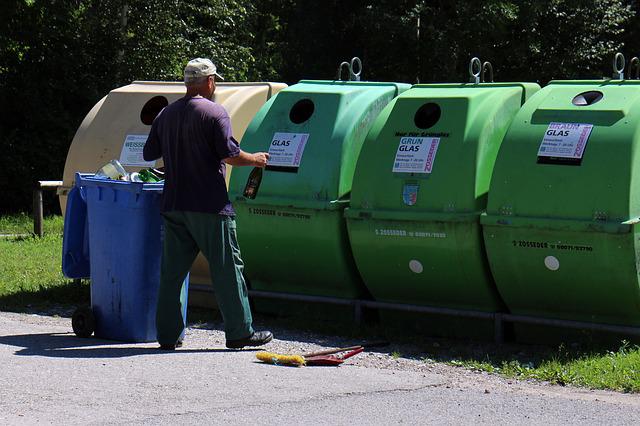
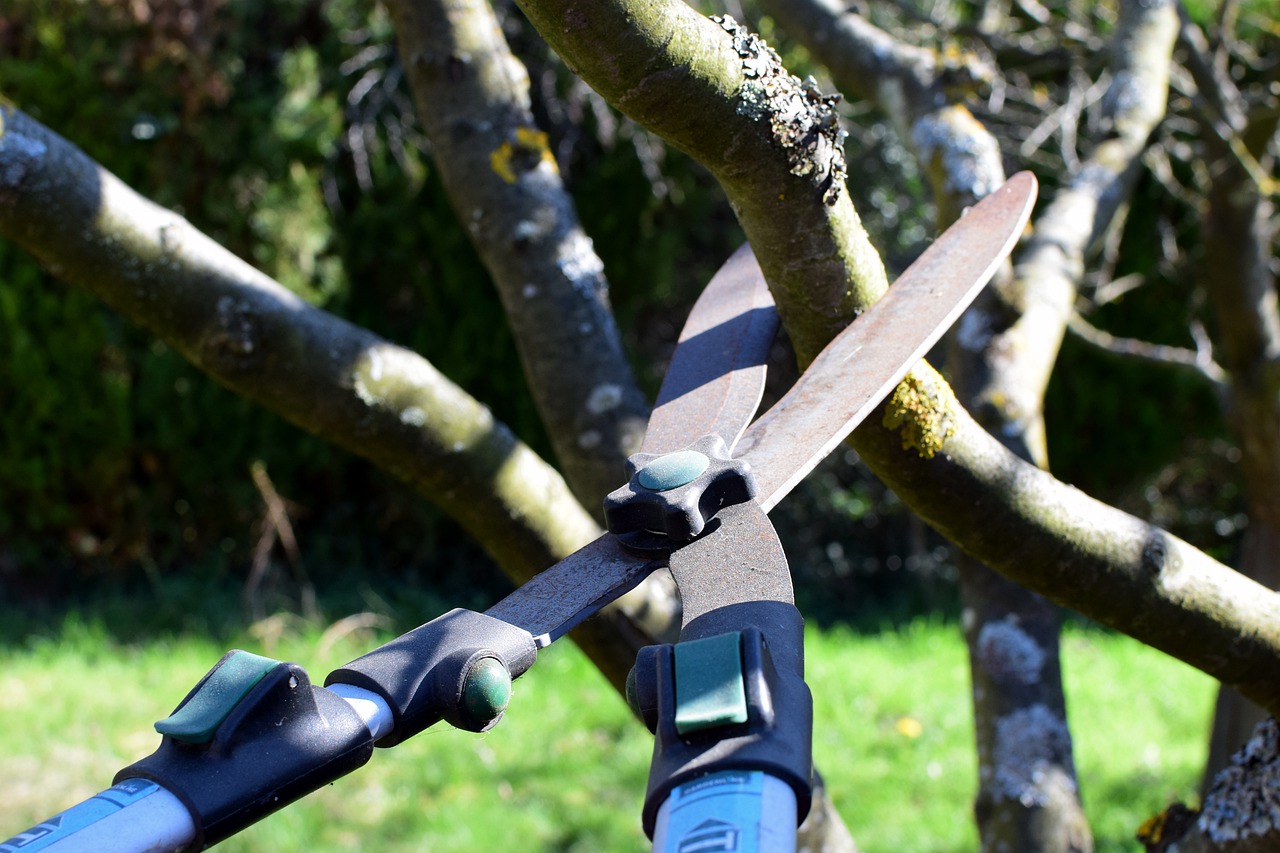


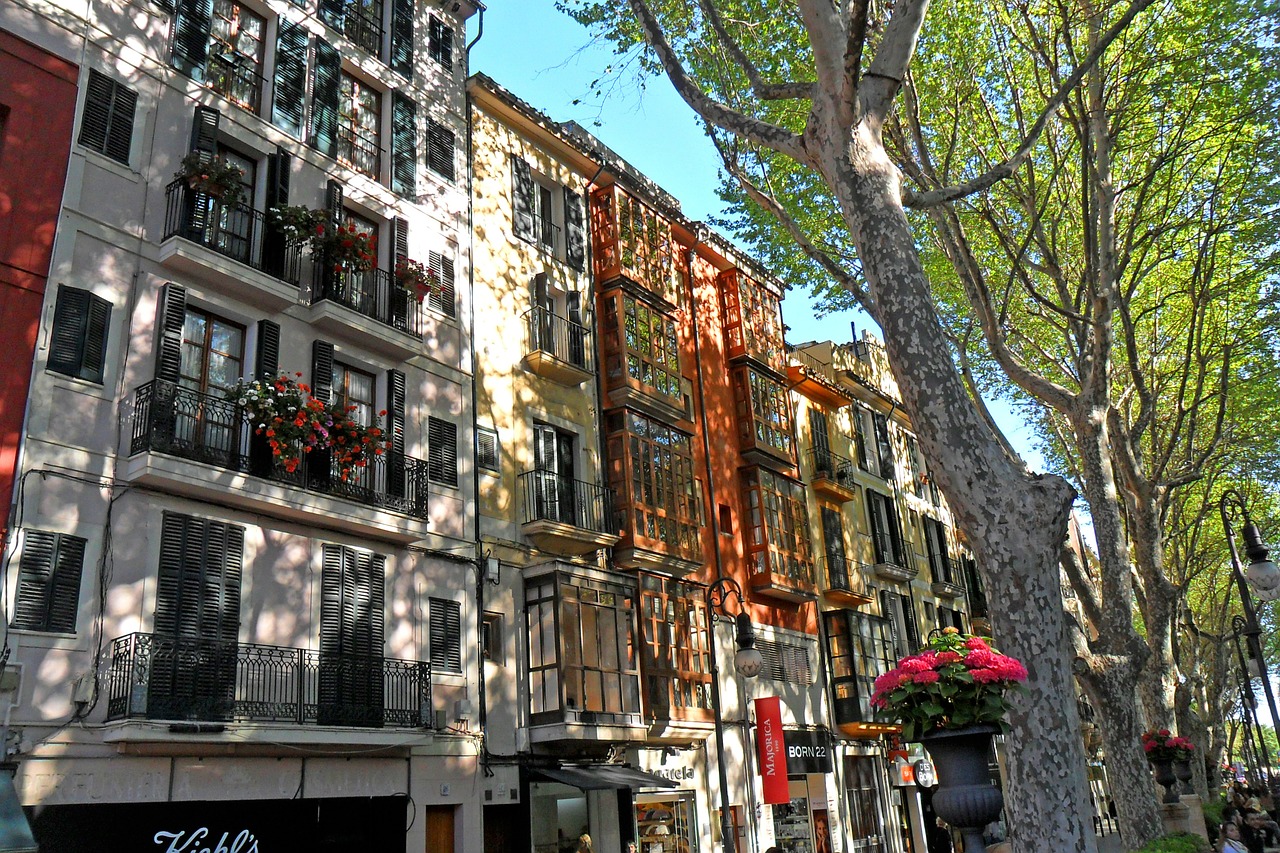



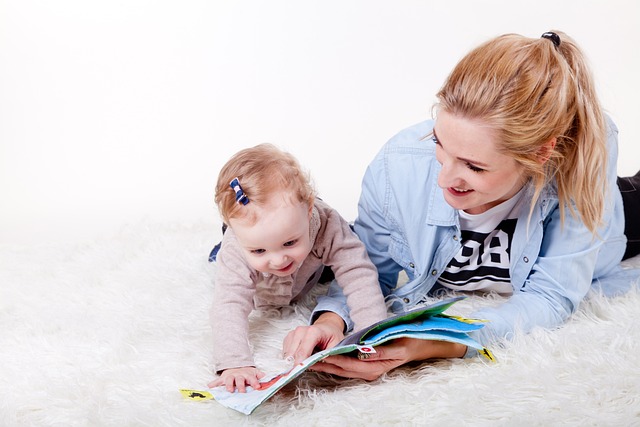
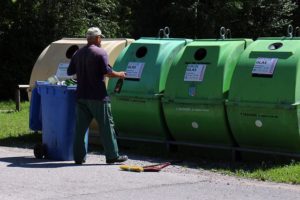


You must be logged in to post a comment.